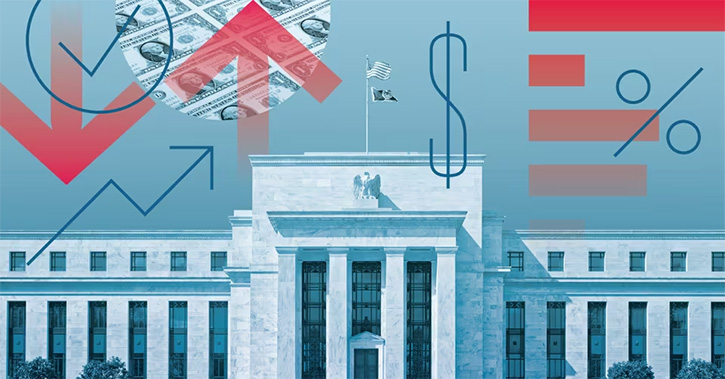This article is part of Morningstar's "Perspectives" series, written by third-party contributors. Here, Nick Clay, of Newton’s Global Higher Income team, takes a closer look at quantitative easing’s real beneficiaries.
Who have been the winners from the last five years of developed world money-printing? The simple answer is those closest to the money. Let’s start with the distributors of QE, the governments, they have certainly benefited – for example, the effective interest rate on the US government’s debt is at a 50-year low despite its debt sitting at an all-time high. And then there are the stock markets and those who invest in them; they too have thrived on the back of markets demonstrating a high correlation with QE-expanding central bank balance sheets. Asset prices have also been bolstered, whether in the form of housing, high-end art or super cars.
Corporations have done pretty well, too. By feasting at the table of QE, corporates have been able to re-finance existing debt to lower interest rates at the same time as increasing their debt positions to levels higher than 2007. In turn, many have used this debt to purchase their own stock, invariably to the benefit of the management, who have exercised their right to take up stock options.
So, the beneficiaries seem to have been a small number of individuals who own assets, run companies and have access to the cheap debt.
Inequality Street
However, this still leaves quite a vast proportion of society in no better a position: for example, the still very high number of unemployed, those employees seeing real income stagnant, those still saddled with debt, those who rely on income from saving, the list goes on. Indeed, despite QE and its supposedly magical powers, economies are still struggling and debt is still rising.

A by-product of QE has been a growing inequality in society. For example, in the US the Gini coefficient – a measure of wealth dispersion across society – is at a level not seen since the 1930s. Across the money-printing world, the gap between the 1% and the 99% is widening.
Income inequality is one of many factors contributing to the fragile nature of the economic backdrop and challenging the common belief that all is right with the world. Recent elections across Europe point to unease – that political campaigning across developed nations was focused upon the 99% further supports these views.

More broadly, if economies fail to accelerate from here those questioning the effectiveness of QE will become more vociferous and greater in number. The European Central Bank president, Mario Draghi, has held off for the time being from QE although he has embraced the ‘unconventional’ but he insists more will be done if required. Could it be that the ECB is going to start ‘using’ just as we find out that the drugs don’t work?
Morningstar Disclaimer
The views contained herein are those of the author(s) and not necessarily those of Morningstar. If you are interested in Morningstar featuring your content on our website, please email submissions to UKEditorial@morningstar.com.




























